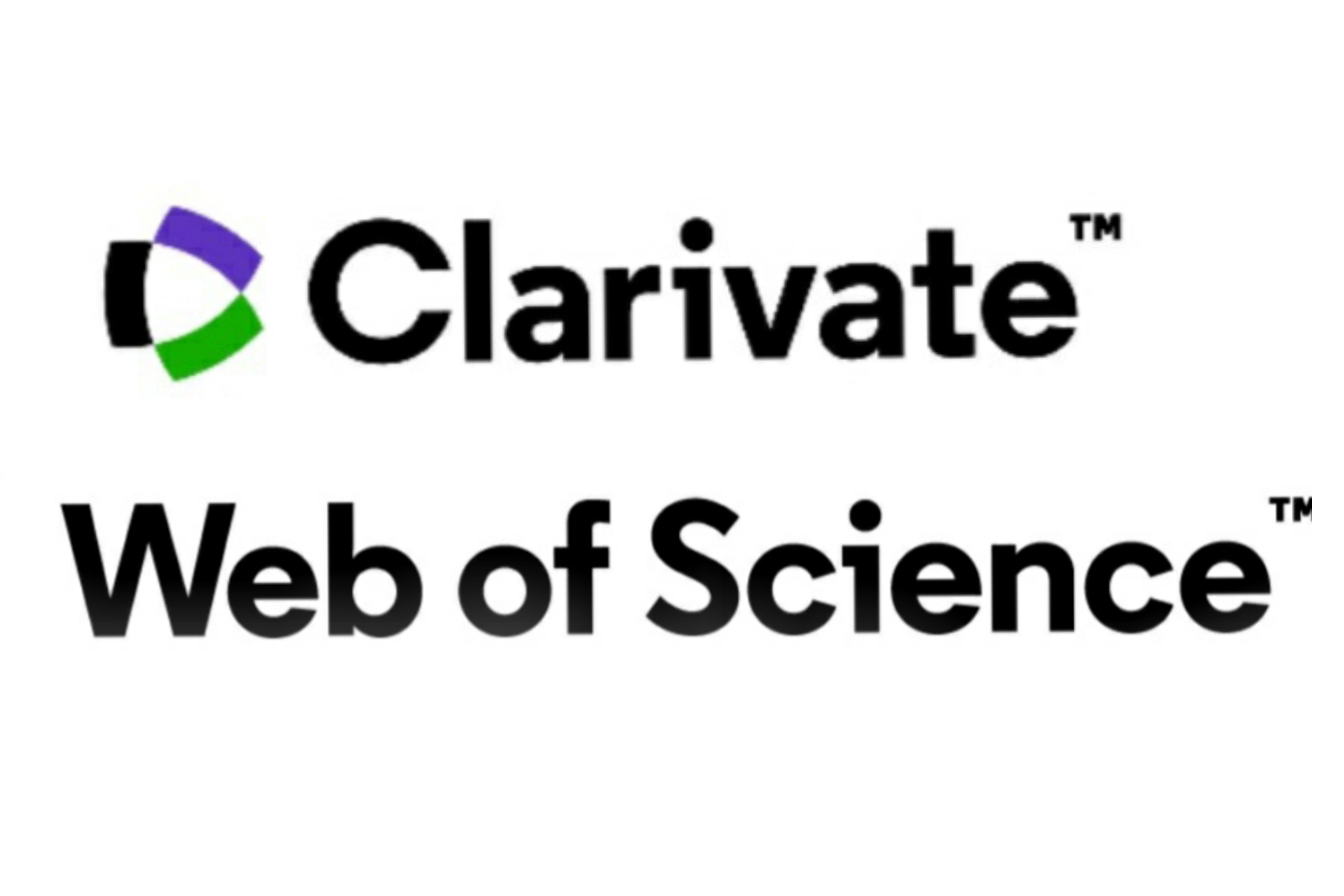ON REPRESENTATION OF ONE CLASS OF SCHMIDT OPERATORS
DOI:
https://doi.org/10.26577/JMMCS.2021.v111.i3.05Keywords:
Unitary operator, symmetrizer, normal operator, Schmidt expansion, Schmidt operator, compact operator, polar representation of operator, square root of positive self-adjoint operatorAbstract
In this paper, unitary symmetrizers are considered. It is well known that using Newton operator
algorithm, similar to the usual Newton algorithm, for extracting the square root, one can prove
that for every Hermitian operator T 0, there exists a unique Hermitian operator S 0 such
that T = S2. Moreover, S commutes with every bounded operator R with which commutes T. The
operator S is called a square root of the operator T and is denoted by T1=2. The existence of the
square root allows one to determine the absolute value jTj = (TT)1=2 of the bounded operator T.
For every bounded linear operator T : H ! H there exists a unique partially isometric operator
U : H ! H such that T = UjTj, KerU = KerT. Such an equality is called a polar expansion
of the operator T. The Schmidt operator is understood as the unitary multiplier of the polar
expansion of a compact inverse operator, with the help of which E. Schmidt was the rst to obtain
the expansion of a compact and not-self-adjoint operator and introduced so-called s-numbers.
This paper shows that the unitary symmetrizer of an operator diers only in sign from the adjoint
Schmidt operator. The main result of the paper: if A is an invertible and compact operator, and
S is a unitary operator such that the operator SA is self-adjoint, then the operator AS is also
self-adjoint and the formula S = U holds, where U is the Schmidt operator.
References
[2] Kharazov D. F. "On the theory of symmetrizable operators with polynomial dependence on a parameter" , Dokl. Akad. Nauk SSSR, n. Ser. 91 (1953) 1285-1287 [in Russian]
[3] Kharazov D. F. "On boundary value problems in the theory of ordinary differential equations" , Dokl. Akad. Nauk SSSR 100(1955) 217-220 [in Russian]
[4] Kharazov D. F. "On the investigation of boundary problems for elliptic differential equations" , Dokl. Akad. Nauk SSSR 100 (1955) 421-424 [in Russian]
[5] Marty I. "Sur ime equation integrate" , С. R. Acad. Sc, Paris 150 (1910) 1499–1502
[6] Collatz L. Eigenwertprobleme und ihre numerische Behandlung (Leipzig, 1945)
[7] Zaanen A. "Uber vollstetige symmetrische und syrnmetrisierbare Operatoren" , Nieuw Arch. v. Wisk. 2:22 (1943) 255–260
[8] Reid W. "Symmetrizable completely continuous linear transformations in Hilbert space" , Duke Math. Journ. 18:1 (1951) 41–56
[9] Zaanen A. Linear Analysis (New York–Amsterdam, 1953)
[10] Rudin U. emph Functional analysis (M., Mir, 1975) 443 (Russian)
[11] Fuglide B. Proc.Nat.Acad.Sci.USA 36 (1950) 5–40
[12] Putnam C. R. "On normal operators in Hilbert space" , Amer. J. Math. 73 (1951) 357–362
[13] Trenogin V. A. emph Functional analysis (M., Nauka, 1980) 496 [in Russian]
[14] Gokhberg I. Ts., Kerin M. G. emph Introduction to the theory of linear of non-self-adjoint operators in a Hilbert space (M, Science, 1965) 448 [in Russian]
[15] Kalmenov T. Sh., Akhmetova S. T., Shaldanbaev A. Sh. "On spectral theory equations with deviating arguments" , emph Mathematical journal 13:4 (2014) 41-48 [in Russian]
[16] Sadybekov M. A., Sarsenbi A. M. "Basic solutions spectral questions of all boundary value problems for one differential equation of the first order with deviating argument" , emph Uzbek Mathematical Journal 3 (2007) 49-53 [in Russian]
[17] Akylbayev M. I., Beysebayeva A., Shaldanbayev A. Sh. "On the periodic solution of the Goursat problem for a wave equation of a special form with variable coefficients" , News of the National Academy of Sciences of the Republic of Kazakhstan Physico-mathematicaL Series 1 (2018) 34–50
[18] Rosenblum M. "On a theorem of Fuglede and Putnam" , J. London Math. Soc. 33 (1958) 376–377














